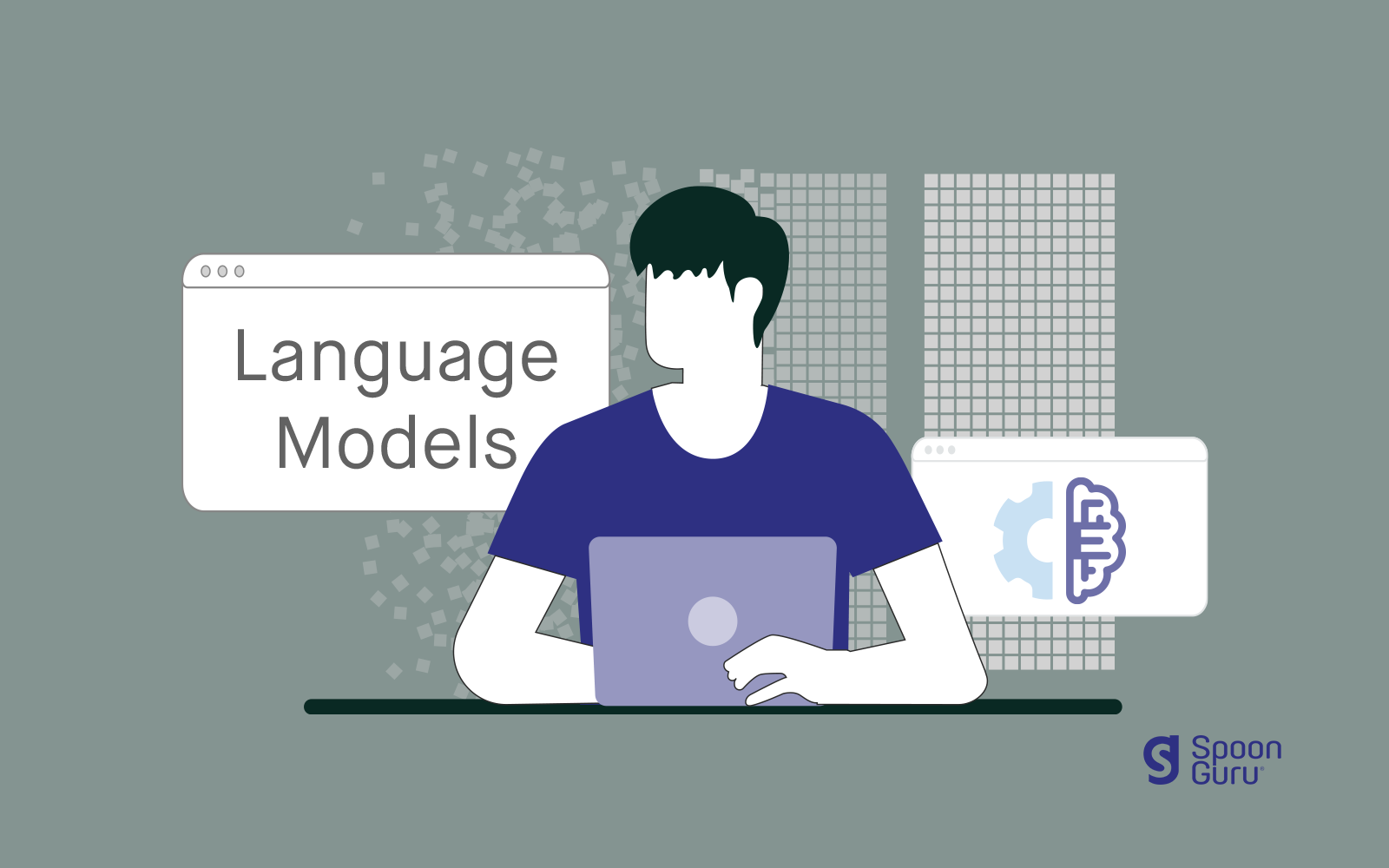In the realm of nutrition, the emergence of Small Language Models (SLMs) offers an opportunity of an era marked by precision and unwavering context-awareness. In an age where dietary choices and nutritional well-being are of paramount importance, the significance of properly accountable and verifiably trained SLMs cannot be overstated.
While Large Language Models (LLMs) offer a broad comprehension of language, SLMs when developed responsibly can distinguish themselves by their highly focused specialisation, and, through utilising responsibly sourced data and domain expert verified models, can deliver unparalleled accuracy within the sphere of nutrition and food.
In this exposition, we embark on an exploration of the distinction between Small Language Models (SLMs) and Large Language Models (LLMs) and their role within the domain of nutrition.
Small Language Models vs. Large Language Models
Small Language Models (SLMs) are progressively ascending to prominence within the sphere of nutrition, largely due to their remarkable ability to offer highly precise and context-aware information. Large Language Models (LLMs), exemplified by entities like GPT-3, while undoubtedly remarkable in their own right, lack the accuracy and specialisation that is often imperative for nutrition-centric tasks.
Over the last eight years Spoon Guru has developed natural language and machine learning models, producing a nutritional and dietary nomenclature and ontology that excels in discerning between distinct dietary preferences, such as veganism, vegetarianism, pescetarianism, and flexitarianism, with meticulous precision and guaranteed accuracy. The hundreds of thousands of hours of machine learning and certified nutritionists time utilised to attenuate the signals into and out of the models leads to the development of a uniquely qualified nutritional SLM not possible with other methods of development.
Core Functions of SLMs:
Within the context of nutrition, Small Language Models (SLMs) can play an instrumental role in deciphering complex dietary information and unravelling intricate patterns. These models are adept at recognizing the subtle interplay between dietary choices, nutrient composition, and subsequent health outcomes.
The significance of SLMs is further accentuated by their utilisation of broader LLMs in comprehending intricate word relationships and sentence structures. This combined with a nutritional SLMs domain specific knowledge proves indispensable when interpreting dietary guidelines and delivering personalised nutrition counsel. It is through the combination of these capabilities that responsibly trained SLMs can excel in identifying linguistic subtleties that their LLM counterparts may inadvertently overlook. The key advantage that SLMs can bring is grounding, very specific domain expertise, domain specific language, performance and updatability.
Applications of SLMs:
The utilisation of Small Language Models (SLMs) within the nutrition sector extends to an array of applications, each designed to elevate user experiences to new heights. Notably, SLM-powered chatbots are at the forefront of delivering highly precise responses to nutrition-related queries, ensuring that consumers receive sound dietary guidance.
Furthermore, SLMs drive the wheels of innovation within conversational AI, empowering users to engage with virtual assistants that possess an acute understanding of their dietary preferences and can offer product, meal planning and recipe recommendations that align with their unique dietary needs.
Use Cases of SLMs:
In the realm of nutrition, responsible created Small Language Models (SLMs) have redefined the manner in which dietary information is accessed and leveraged. They serve as the bedrock of knowledge bases that deliver instantaneous responses to inquiries regarding food, nutrients, and dietary recommendations.
SLMs excel in facilitating precise food searches, providing outcomes meticulously tailored to users’ dietary constraints, proclivities, and health objectives. Additionally, they proffer recommendations for products and recipes that harmonise with specific dietary prerequisites, ranging from low-carb regimens to gluten-free dietary plans.
Relevance to Stakeholders:
A nutritionally focused Small Language Models (SLM) will wield notable relevance to a diverse cohort of stakeholders within the nutrition and food sector. Notably, nutritionists, dietitians, and healthcare professionals derive substantial benefits from the capabilities of SLMs. These experts can utilise a nutritionally trained SLM to remain apprised of the latest dietary guidelines and offer highly personalised counsel to their clientele.
The advent of responsibly created SLMs portends a future in which precision, personalization, and operational efficiency converge to revolutionise dietary interactions. Be it nutrition professionals seeking updated guidance or consumers in pursuit of tailored dietary advice, verified SLMs are poised to transfigure the contours of nutrition and food engagement.
Join us as we navigate through the myriad facets of this extraordinary journey.
